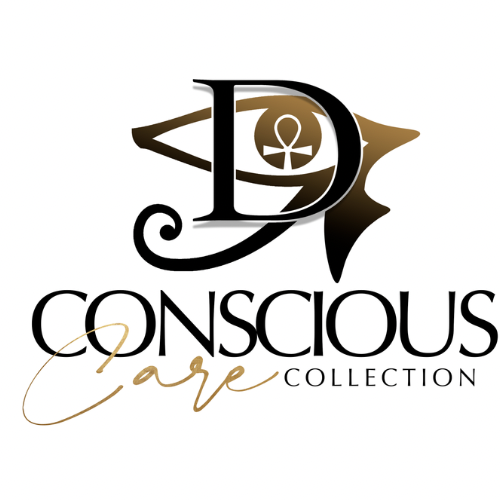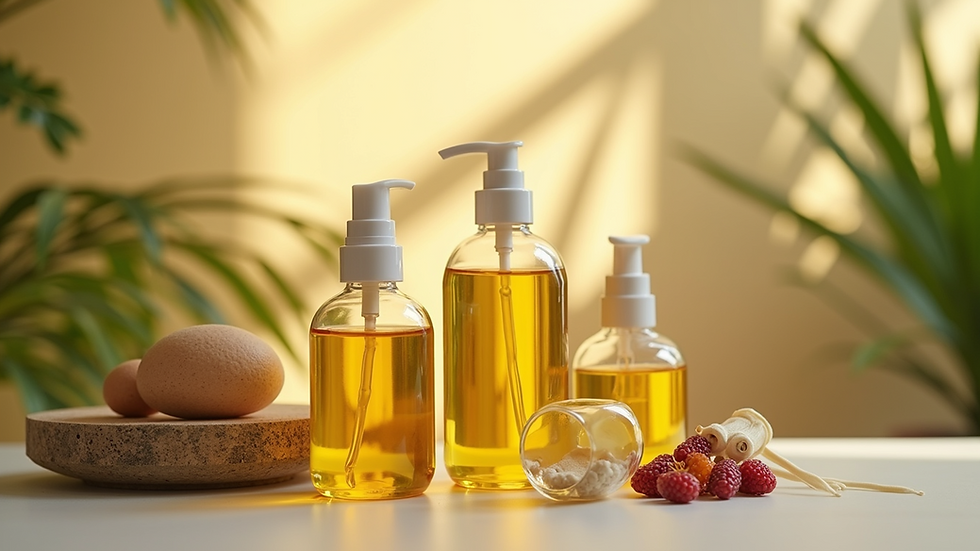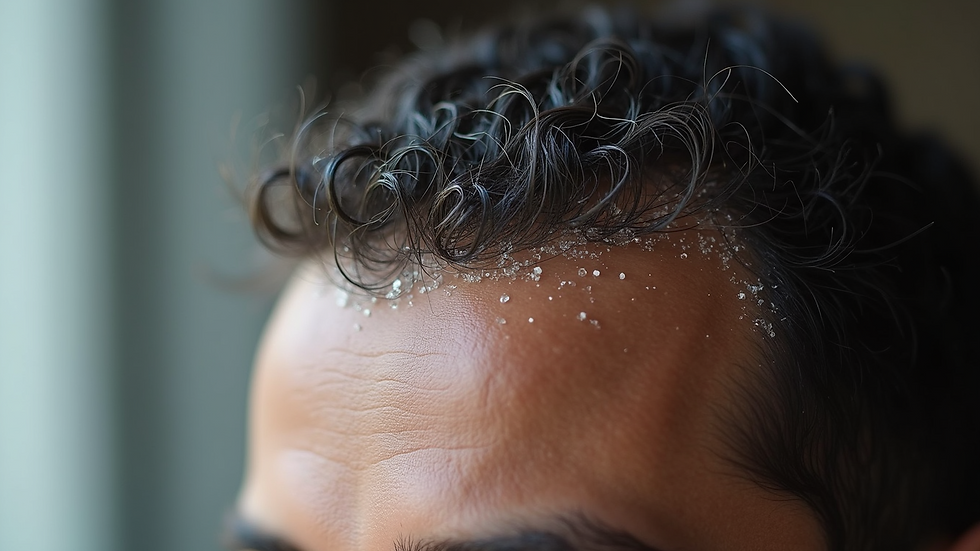Simple Ways to Keep Your Scalp Healthy and Happy
- Demetrius Irick

- Jul 28, 2025
- 4 min read
A healthy scalp is the foundation for beautiful, strong hair. Taking care of your scalp not only prevents issues like dryness, itching, and dandruff but also promotes hair growth and overall hair health. Many people focus on hair care products but overlook the importance of scalp care. This guide will walk you through simple, practical steps to maintain a happy and healthy scalp.
Understanding Scalp Health and Its Importance
Your scalp is skin, just like the rest of your body, and it needs proper care to stay healthy. It contains hair follicles, sebaceous glands, and blood vessels that nourish your hair. When your scalp is healthy, it supports hair growth and prevents problems such as irritation, flakiness, and hair loss.
Maintaining scalp health involves keeping it clean, moisturized, and balanced. Over-washing or using harsh products can strip natural oils, while neglecting it can lead to buildup and clogged follicles. The key is to find a routine that suits your scalp type and lifestyle.
Tips for Maintaining Scalp Health
Use gentle shampoos that suit your scalp type.
Avoid excessive heat styling and chemical treatments.
Massage your scalp regularly to improve blood circulation.
Keep your scalp hydrated with natural oils or moisturizers.
Protect your scalp from sun exposure by wearing hats or using SPF sprays.

Close-up view of a healthy scalp showing hair follicles
How to Care for Your Scalp: Practical Steps
Taking care of your scalp doesn’t have to be complicated. Here are some simple, effective ways to keep your scalp in top condition:
1. Cleanse Properly
Washing your scalp regularly removes dirt, sweat, and product buildup. However, avoid washing your hair every day as it can dry out your scalp. Aim for 2-3 times a week, depending on your hair type and activity level.
Use a shampoo that is sulfate-free and designed for sensitive skin if you have a dry or irritated scalp. For oily scalps, look for balancing shampoos that control excess sebum without stripping moisture.
2. Exfoliate Your Scalp
Just like your face, your scalp benefits from exfoliation. Removing dead skin cells helps prevent dandruff and clogged follicles. You can use a gentle scalp scrub or a brush designed for scalp exfoliation once a week.
3. Nourish with Oils
Applying natural oils can soothe and hydrate your scalp. Oils like jojoba, tea tree, and argan oil have anti-inflammatory and moisturizing properties. For more options and detailed scalp health tips, check out this scalp health tips resource.
4. Massage Regularly
Massaging your scalp stimulates blood flow, which encourages hair growth and helps distribute natural oils. Use your fingertips to gently massage your scalp for 5-10 minutes daily.
5. Avoid Harsh Chemicals and Heat
Limit the use of chemical treatments such as dyes, relaxers, and perms. Excessive heat from blow dryers, straighteners, and curling irons can damage your scalp and hair. When using heat, always apply a heat protectant.

Eye-level view of natural oils and scalp care products
What Causes Poor Scalp Health?
Understanding what causes scalp problems can help you avoid them. Several factors contribute to poor scalp health:
1. Product Buildup
Using too many styling products or not rinsing shampoo and conditioner properly can lead to buildup. This clogs hair follicles and causes irritation.
2. Dryness and Dehydration
Lack of moisture leads to a dry, flaky scalp. This can be caused by harsh shampoos, cold weather, or dehydration.
3. Excess Oil Production
An oily scalp can cause clogged pores and dandruff. It may result from hormonal changes, genetics, or over-washing.
4. Fungal or Bacterial Infections
Conditions like seborrheic dermatitis or scalp psoriasis are caused by infections or immune responses, leading to redness, itching, and scaling.
5. Poor Diet and Stress
A diet lacking essential nutrients and high stress levels can negatively affect scalp health and hair growth.
6. Environmental Factors
Pollution, sun exposure, and harsh weather can damage the scalp’s protective barrier.

Close-up view of a scalp affected by dandruff and dryness
Lifestyle Habits to Support a Healthy Scalp
Your daily habits play a significant role in scalp health. Here are some lifestyle changes that can make a big difference:
Stay Hydrated: Drink plenty of water to keep your skin and scalp hydrated.
Eat a Balanced Diet: Include foods rich in vitamins A, C, D, E, zinc, and omega-3 fatty acids.
Manage Stress: Practice relaxation techniques like meditation or yoga to reduce stress-related scalp issues.
Get Enough Sleep: Quality sleep supports overall skin and hair health.
Avoid Tight Hairstyles: Styles that pull on the hair can cause scalp irritation and hair loss.
When to See a Specialist
If you experience persistent scalp problems such as severe itching, redness, hair loss, or sores, it’s important to consult a dermatologist. They can diagnose underlying conditions and recommend appropriate treatments.
Taking care of your scalp is an ongoing process that requires attention and care. By following these simple steps, you can enjoy a healthy scalp and beautiful hair for years to come.

High angle view of a person applying nourishing oil to the scalp




Comments